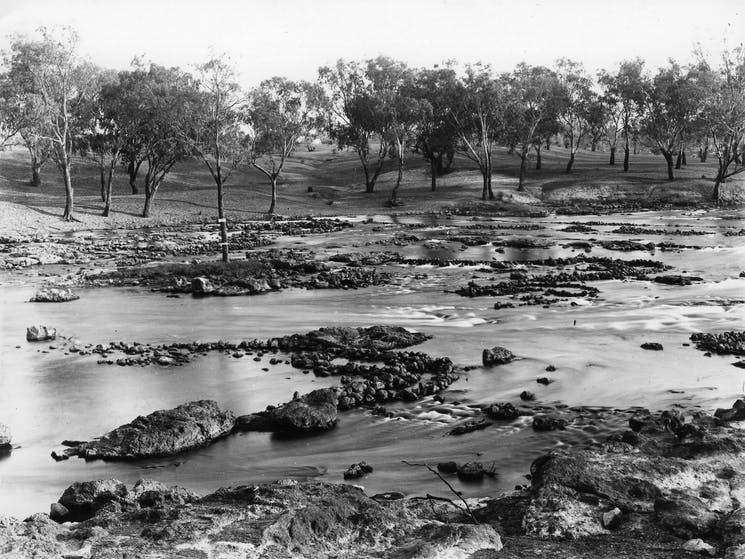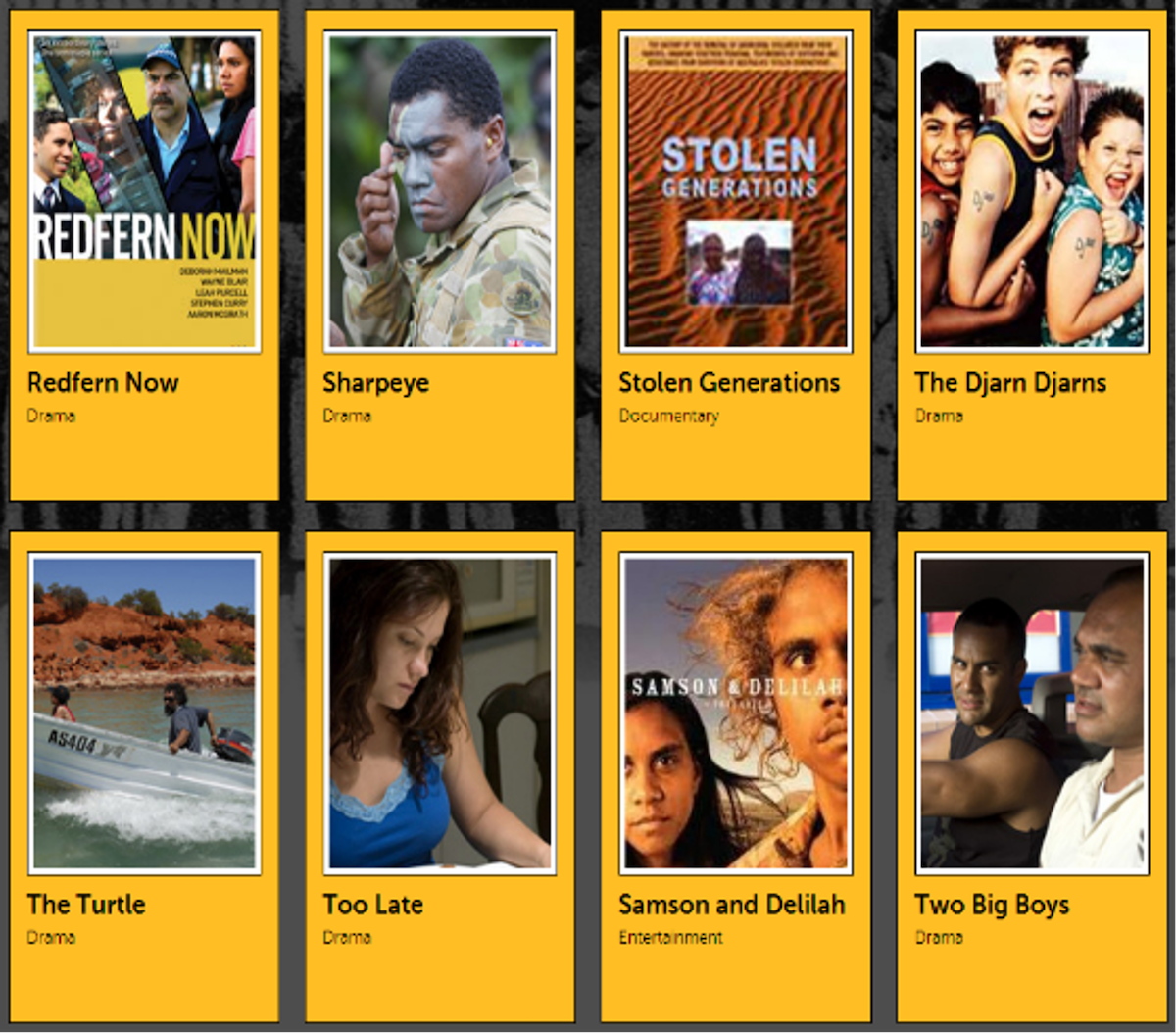‘The theme for Reconciliation Week this year — More Than A Word: Reconciliation Takes Action — encourages the broader community to consider the steps they can take to promote healing and unity with Aboriginal and Torres Strait Islander people’
Truth-telling and how cultural repatriation is fundamental to the reconciliation process by Jai McAlister
We know that the vast majority of Australians support an equitable society.
In 1967, the national referendum for Aboriginal people to be counted in reckoning the population, resulted in a strong ‘Yes’ vote. There was a significant majority in all six states and an overall majority of almost 91 per cent
Thomas ‘The 1967 Referendum’
In 2019, over 250,000 people participated in the Walk for Reconciliation across Sydney Harbour Bridge. The march was a public expression of support for meaningful reconciliation between Australia’s Indigenous and non-Indigenous peoples.
In National Reconciliation Week in 2019, fourteen of Australia’s leading organisations stated their support for the Uluru Statement from the Heart RioTinto.com Press Release 29/5/2019
Despite the rhetoric, Rio Tinto destroyed 46,000 year-old Aboriginal heritage sites at Juukan Gorge on 24 May 2020 (The Guardian May 24 2021).
RioTinto.com Press Release 29/5/2019
No wonder we are being called upon to take action, and not just pay ‘lip service’ for a day’s recognition, or a week or an event. There is a lot of work to do.
The 2021 Peace Prize
This week the Sydney Peace Foundation took action, awarding the 2021 Peace Prize to the Uluru Statement from the Heart. The prize will be formally presented in November.
The citation for the award highlights the actions that were taken in the creation of the Statement:
For bringing together Australia’s First Nations Peoples around a clear and comprehensive agenda; for healing and peace within our Nation and delivering self-determination for Aboriginal and Torres Strait Islander Peoples, that enables Australia to move into the future united and confident.
We are all invited to take action:
The Uluru Statement from the Heart is an invitation to the Australian people to walk with First Nations people to create a better future. It is a gift: a strategic roadmap to peace, where all Australians can come together to realise our nation’s true potential.
In our schools
As educational leaders, we can play a significant role in Australia’s Reconciliation process. For a start, we know and understand that the study of English in our Australian Curriculum:
helps create confident communicators, imaginative thinkers and informed citizens. … individuals learn to analyse, understand, communicate and build relationships with others and with the world around them.
Australian Curriculum English P-10
We can use the powerful language of inclusion. We can:
- choose topics that are relevant to all students,
- acknowledge and teach about the work of Indigenous writers, mathematicians, scientists, artists, doctors, film-makers, designers, novelists, poets, journalists, and musicians, (This instance of distance by Steven Oliver, a ‘Making Art Work’ project, is political, clever and incisive)
- learn and teach about the history of public acknowledgement of the rights of Aboriginal peoples. Video of the 2000 Bridge Walk, from BTN.
- learn and teach about the significance of Aboriginal languages and their meanings, and expand our vocabularies, (dictionaries are available from IAD Press; Dhurga and Thaua languages app here)
- learn and teach about Aboriginal management of the land for the last 60,000 years (and counting), the use of fire, the principles of agriculture and aquaculture, etc, and
- learn and teach about the knowledge of the natural world, and the science that underpins deep understanding.
Importantly, we can teach about the need for this country to make progress as a nation. One way of doing this is by promoting the Uluru Statement from the Heart.
Activities for National Reconciliation Week
Ideas can be used and adapted for our school and classrooms, and not just for Reconciliation Week. We can make a commitment to Reconciliation in our classrooms every day.
- Acknowledgement of Country – every morning. Information can be found at reconciliation.org.au.
- Use important speeches as model texts for studying language: Speech for Reconciliation Week 2021 by Aboriginal and Torres Strait Islander Social Justice Commissioner June Oscar AO, Notable Speeches by Indigenous Australians, Human Rights etc speech by Mr Tom Calma.
- Use speeches that are significant in the recognition of wrongs – Paul Keating’s ‘Redfern Speech’ (1992), Kevin Rudd’s Apology to the Indigenous peoples of Australia (2008)
- Use suggestions for working partnerships – acknowledging the problems, understanding cultural obligations, demonstrating respect, and speaking and listening well. (from Share our Pride 5)
- Films, books and reports at Share Our Pride resources
- Investigating the biographies of prominent Aboriginal Australians. Share our Pride pages, with some historical background to achievement. NITV’s 20 inspiring black women who have changed Australia
- Educational Service Australia (ESA) have a study unit on several prominent Aboriginal Australians; ideas and guides for resources. More suited to Secondary students, but could be an appropriate model for Stage 3.
Resources
Make sure your school’s library has many Indigenous story books, and books about both current and historical Aboriginal issues.
Aboriginal Studies Press https://aiatsis.gov.au/about/what-we-do/aboriginal-studies-press
The Australian Children’s Television Foundation has numerous series with an Indigenous focus
BTN (ABC TV) has many topics under their Indigenous Culture heading

Magabala Books publishing house
Fremantle Press – free database of children’s books by and about Aboriginal and or Torres Strait Islander Peoples; resources for NAIDOC Week
From ‘Reconciliation Australia’ – try ‘Walk the Talk’
Reading
The Uluru Statement from the Heart. We can all sign on to support it through this website.
‘Finding the Heart of the Nation – The journey of the Uluru Statement towards Voice, Treaty and Truth’, by Thomas Mayor (Hardie Grant Publishing 2019)
The Imagination Declaration (2019) developed by the Youth Forum at the Garma Festival, East Arnhem Land, in August 2019.
‘Young Dark Emu’ – Bruce Pascoe, Magabala Press
Sally Morgan’s ‘My Place’, both in full and an adapted version for young people – Fremantle Press
‘Cooee Mittigar’ – Seymour & Watson (2019) Magabala Press
Readings Recommended First Nations Children’s Books
For adults:
‘Dark Emu’ – Bruce Pascoe. The book contains evidence of much knowledge and understanding that has been deliberately denied, hidden and lied about. It made me angry.
‘Deep Time Dreaming’ – by Billy Griffiths, whose research engages with cultural heritage, Indigenous history, political history, archaeology and seascapes. (Black Inc)
‘The Biggest Estate on Earth: How Aborigines Made Australia’ by Bill Gammage.
From talk to actions
We have a responsibility to find out the truths of the past so we can work with our students to work towards a better future for all Australians.
We build our knowledge and understanding of the world through language – the use of it, the knowledge of it, and the understanding of it. Then we can back up our understandings with action.
I am under no illusion of how hard the path ahead will be—and that our people will only believe that reconciliation is real when governments and other non-indigenous Australians carry their weight, go beyond words, and genuinely act—do all that they can in their power and privilege—to change people’s lives.
References
Uluru Statement from the Heart at https://ulurustatement.org/the-statement accessed 31/5/2021
Primary Learning Blog 2021 – Hopes and aspirations and doing something about it.
RioTinto.com Press Release https://www.riotinto.com/news/releases/Australian-organisations-support-Uluru-Statement 29 May 2019 accessed 31/5/2021
Sydney Peace Foundation https://sydneypeacefoundation.org.au/peace-prize-recipients/2021-uluru-statement-from-the-heart/ May 2021
Thomas, M. The 1967 Referendum in Parliamentary Library Flag Post at https://www.aph.gov.au/About_Parliament/Parliamentary_Departments/Parliamentary_Library/FlagPost/2017/May/The_1967_Referendum Posted 25/05/2017 Accessed 31/5/2021







